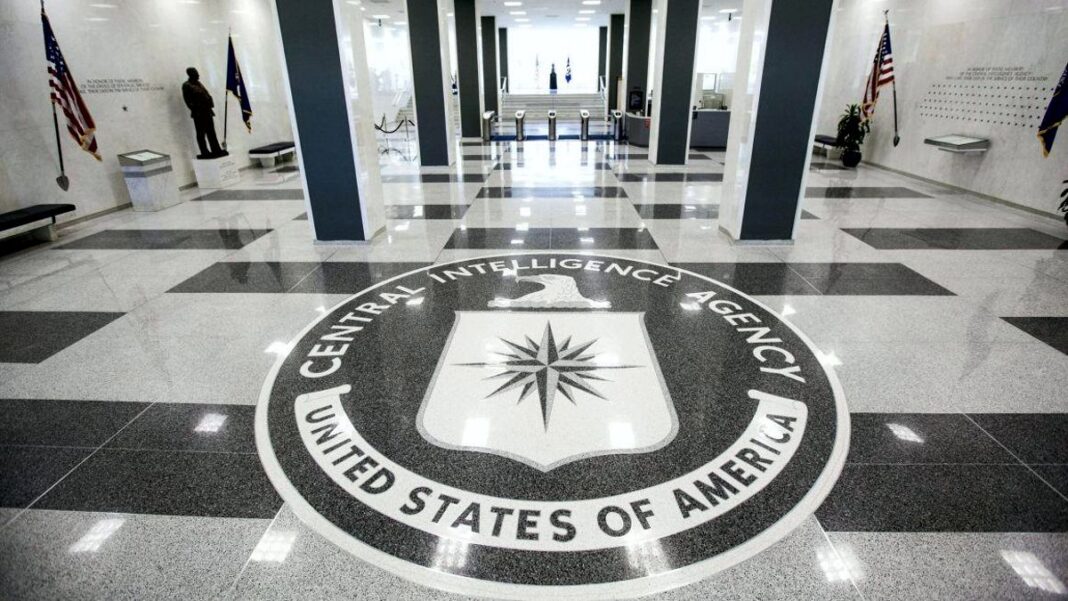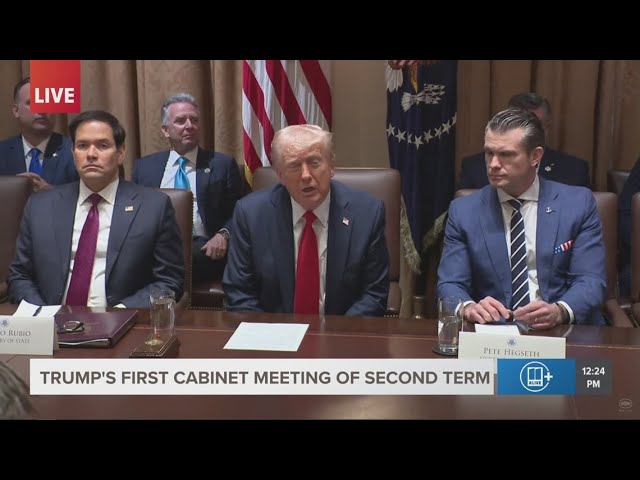U.S. District Judge Anthony Trenga in Virginia had previously issued an administrative stay to pause the firings.
A federal judge declined on Thursday to grant a temporary restraining order that would have extended a block on the termination of 19 CIA officers who worked in diversity, equity, inclusion, and accessibility (DEIA) programs, which President Donald Trump had ordered to be dismantled.
U.S. District Judge Anthony Trenga in Virginia previously issued an administrative stay to pause the firings following a lawsuit filed by career intelligence officers who had been assigned to DEIA-related assignments temporarily within the CIA and the Office of Director of National Intelligence (ODNI).
In the Feb. 27 order, Trenga said that he had denied the plaintiffs’ request for a preliminary injunction, which could have prevented the agencies from firing them while the case was ongoing.
The judge extended a deadline for the plaintiffs to take on a deferred resignation program, which would allow them to receive pay until Sept. 30.
Trenga did not provide a specific reason for his decision in the order. The judge stated that the ruling was made after considering “the filings, the record in this case, and oral argument” presented to the court.
Kevin Carroll, a former CIA undercover officer representing the plaintiffs, told reporters on Thursday that Trenga has ruled that CIA Director John Ratcliffe holds “sweeping statutory authority” to terminate CIA officers if he deems it necessary for the national interest.
In an emailed statement to The Epoch Times, Carroll said he hopes the CIA will allow the plaintiffs to pursue alternative job positions within the agency.
“We respect the court’s decision,” he said. “We hope CIA will take the judge’s strong suggestion from the bench that the agency allow the plaintiffs to apply for other jobs within the organization.”
Carroll previously revealed that the plaintiffs were among the 51 CIA officers placed on paid administrative leave on Jan. 22, after Trump issued an executive order that labeled existing DEIA programs “illegal and immoral.”
According to the court filing, the plaintiffs were instructed on Feb. 14 to report to the CIA visitors’ center with their intelligence community (IC) access badges and were given three options: retire immediately, accept a deferred resignation program, or be terminated on May 20. They were required to decide by Feb. 19.
The plaintiffs alleged that their imminent termination was not based on national security reasons but rather due to their temporary DEIA-related assignments and “a domestic political dispute between the Republican and Democratic parties regarding the efficacy and legality of DEIA initiatives” within the federal government.
They alleged that the firings were “arbitrary, capricious, an abuse of discretion” and lacked factual justification, which they claimed violated their constitutional rights under the First and Fifth Amendments.







